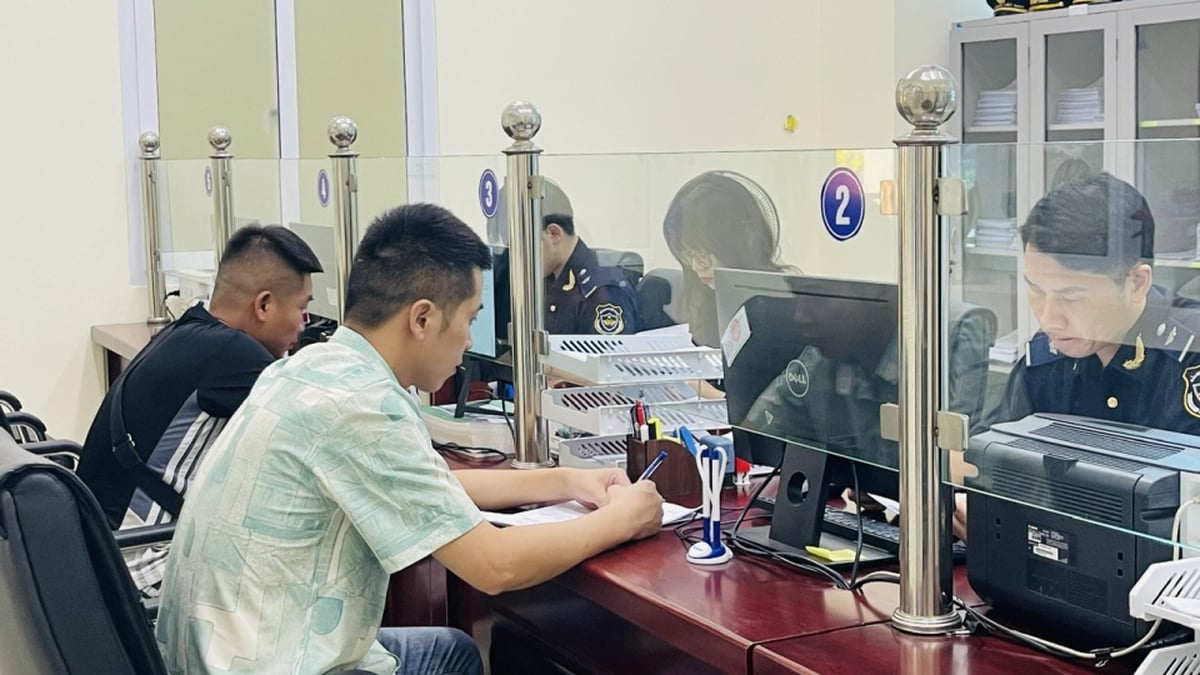Most founders will hire a large number of employees after successfully raising capital, without knowing that this can do more harm than good.
Most founders will hire a large number of employees after successfully raising capital, without knowing that this can do more harm than good.
 |
With plenty of money, plus pressure from investors, partners and their own expectations for growth, many founders choose to hire 20-30% of new staff after receiving investment capital.
However, in reality, if the model is not good enough, the founder's management capacity is not sufficient, the start-up will not fully utilize the potential of the newly recruited staff. This will only cost the start-up more, while the revenue is not much. Even the surplus of staff makes some departments ineffective, thereby reducing the overall performance of the company.
Another obvious consequence of hiring massively is the disruption of corporate culture. In the early stages of establishing a start-up, corporate culture is often formed by the founders and the first group of employees. They share a common vision, overcome difficulties together and are committed to long-term goals. However, when hiring too quickly without paying attention to team harmony, these core values can easily fade. From there, conflicts can arise within the business, making it difficult to achieve common goals.
For experienced founders, after 3-4 months of not seeing results from recruitment, they choose to cut them off. But for inexperienced founders, most continue to keep them because they feel safe when the company has a full board and staff. They are also afraid that when the company grows in the future, they will have to worry about recruiting new staff.
“If you keep hesitating like that, you might run out of money in just a few months,” startup expert Hai Nguyen shared in an online seminar.
According to Mr. Hai, instead of using capital to hastily expand the staff, founders should be smart in choosing a recruitment strategy. With the same budget, they should keep the same staff at the bottom, only recruiting a few senior positions. At the same time, startups can outsource.
For startups that have hired too many people but are not effective, and their cash flow can only last about half a year, the most urgent solution is to quickly cut down on the newly recruited team.
Mr. Hai gave the example of the start-up Vua Cua - a chain of stores specializing in crab dishes. After joining the board of directors, this expert advised the founder to cut 2/3 of the staff. As a result, the start-up lived "healthier" and sales increased better. Instead of having to focus on resolving internal conflicts, the founder had time to raise capital and expand the market, thereby promoting the start-up's products to the US market.
Source: https://baodautu.vn/tranh-tuyen-dung-o-at-sau-khi-goi-von-thanh-cong-d239501.html



































































































Comment (0)